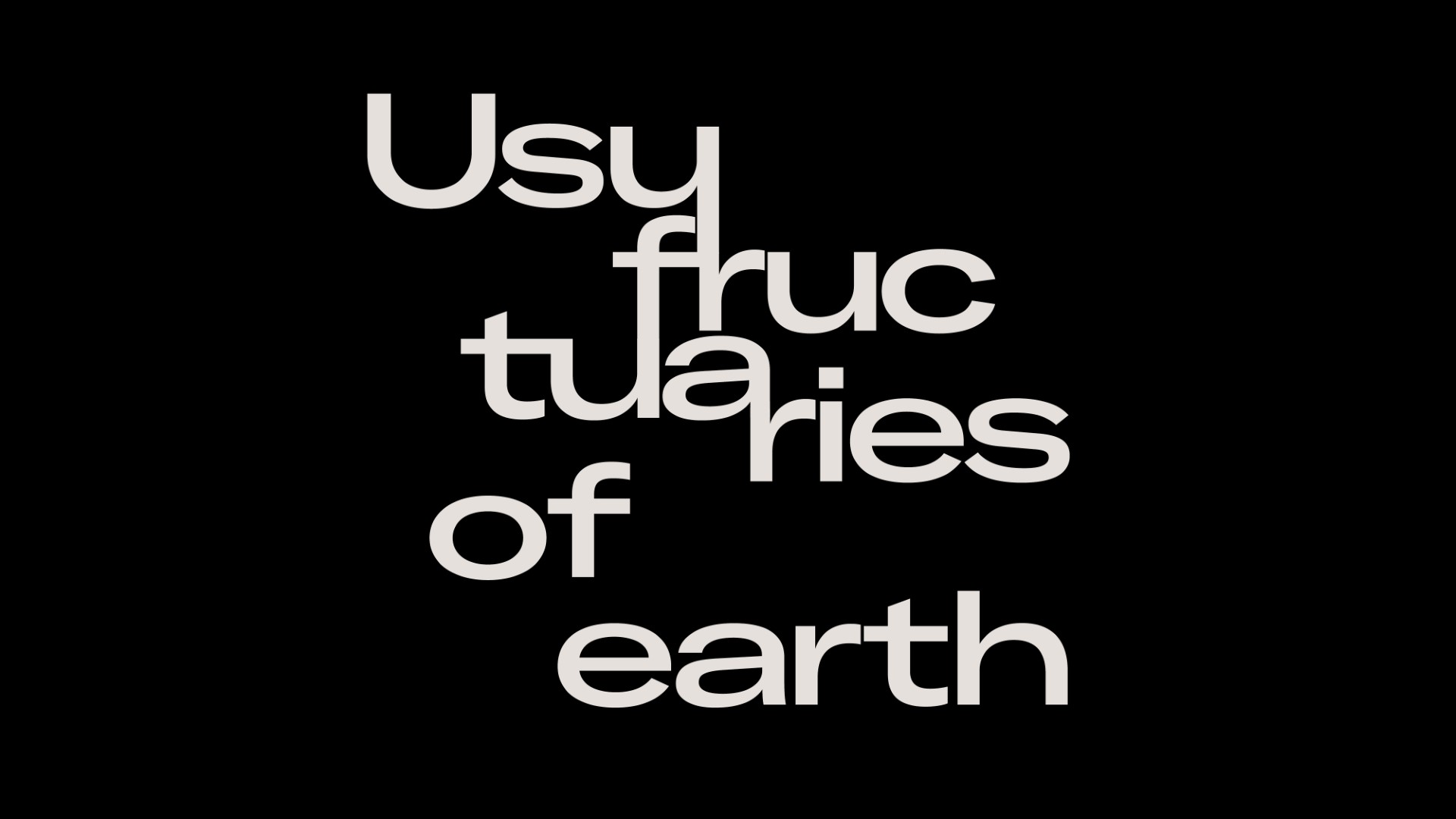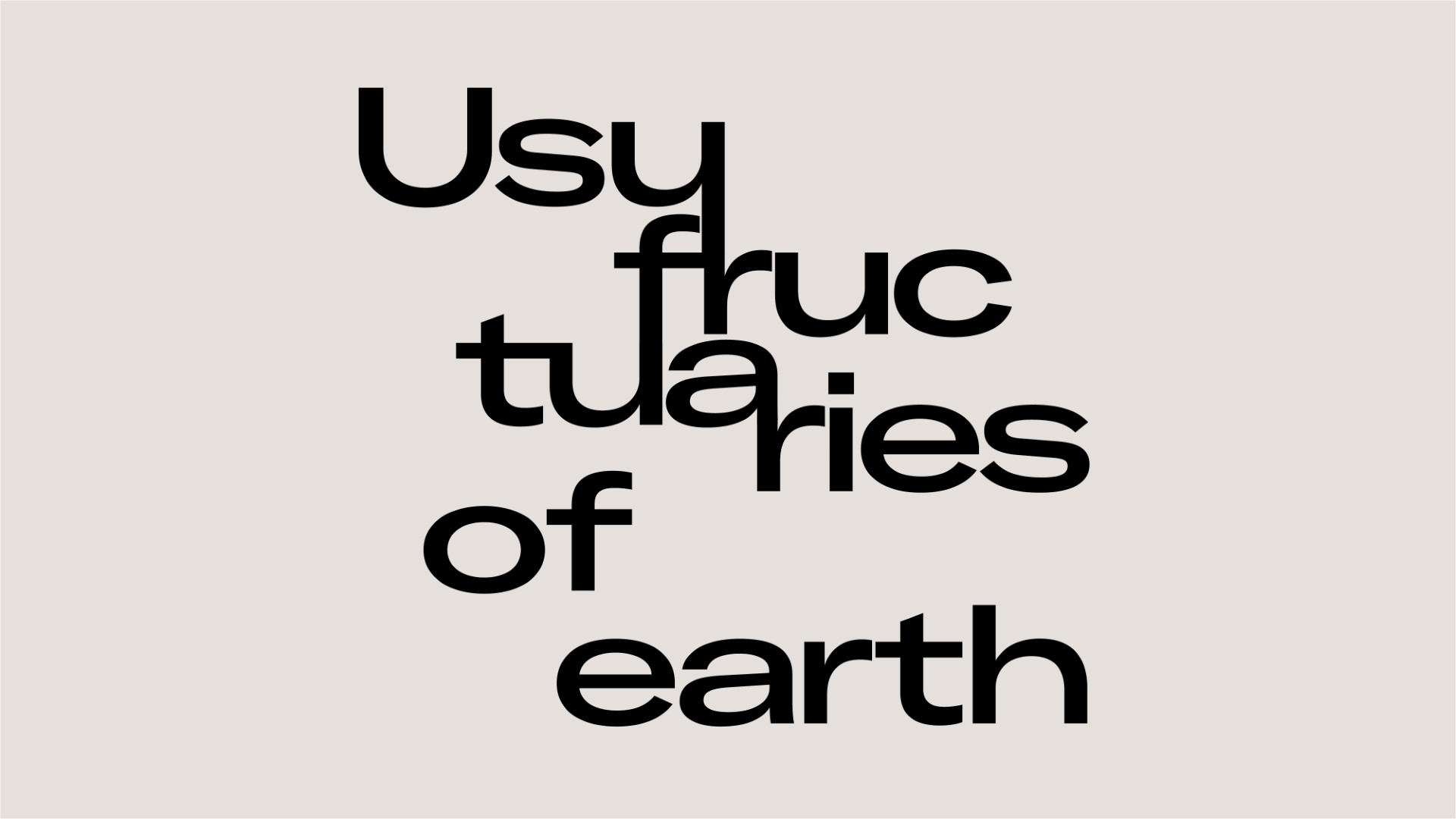On Fear (war machine and threat)
In his first speech to the American Congress after 9/11, President Bush used the word “fear” five times. Nine days after the attacks, he laid down a strategy for the battle against terrorism with the slogan: “Freedom is at war with fear.” By naming fear as the reverse of freedom, the main enemy of democracy and the main weapon of terrorists, Bush set out on his war campaign against terrorism. Fear of attacks has lead to a state of constant anxiety: we are trying to give the threat a face, to locate the enemy. But the world is confronting a strange enemy, apparently close at hand, immediate and threatening, but also unidentifiable, phantom-like, with no land of its own. The psychology of fear has long played an important part in the collective sub-conscious of people during wartime. It has also been used as a potent tool by those in power. Currently fear seems to be a sufficient instrument not only for terrorists, but also for governments and political parties. In his lecture Philosopher Henk Oosterling will look at the relationship between fear and politics, analyze the current issue of “safety utopia,” and relate it to contemporary art practices. Artists Pavel Büchler and Kendall Geers will discuss the topic of fear in relation to their artistic practice and will present some new projects.



